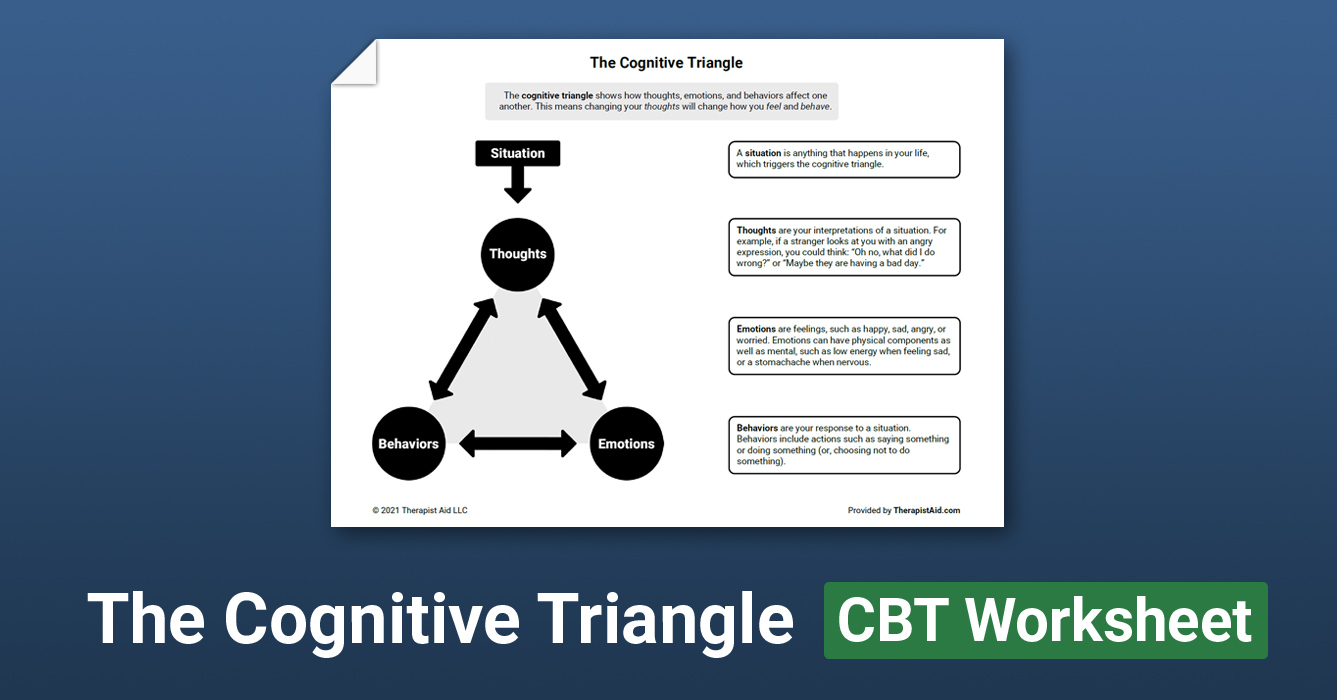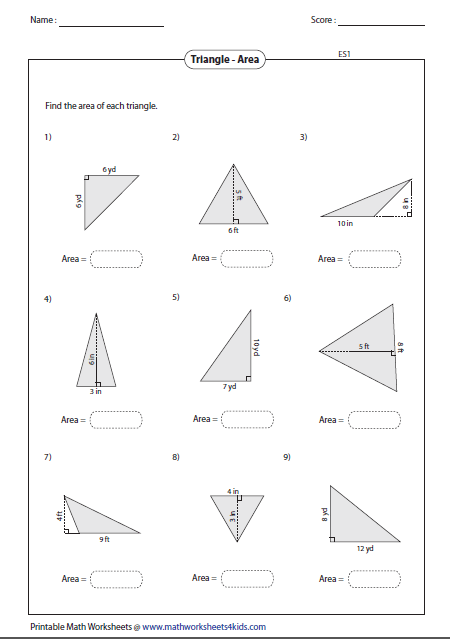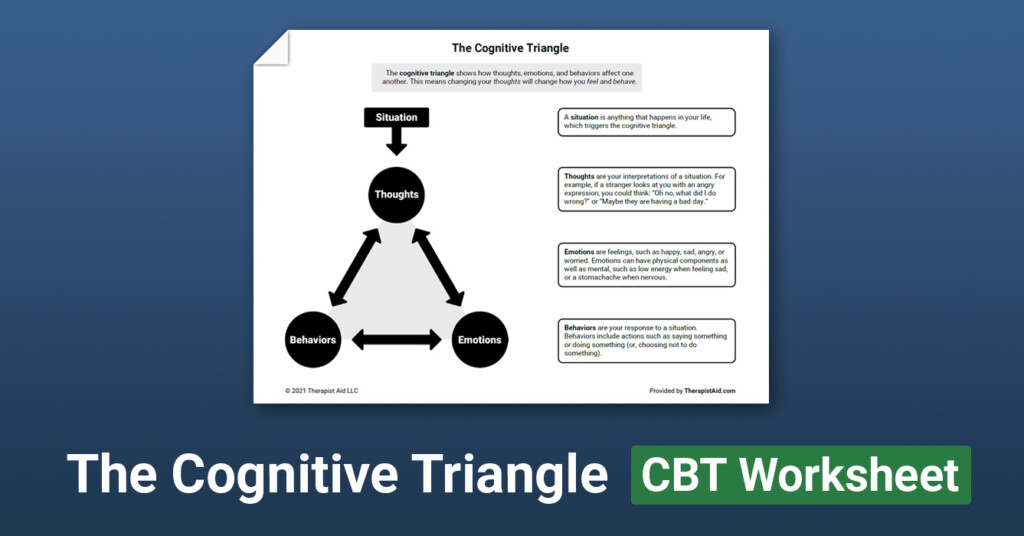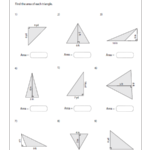Inequalities In One Triangle Worksheet – Triangles are among the most fundamental patterns in geometry. Understanding triangles is critical to understanding more advanced geometric concepts. In this blog post this post, we’ll go over the different kinds of triangles that are triangle angles. We will also explain how to determine the areas and perimeters of a triangle, as well as provide the examples for each.
Types of Triangles
There are three kinds of triangulars: Equilateral, isoscelesand scalene.
- Equilateral triangles have equal sides as well as three angles of 60 degrees.
- Isosceles triangles have two equal sides , as well as two angles.
- Scalene triangles feature three distinct sides, and three different angles.
Examples of each kind of triangle are provided.
Triangle Angles
Three angles are found in triangular shapes: acute right, and obtuse.
- An acute angle is less than 90 degrees.
- Right angles are precisely 90 degrees.
- Obtuse angles exceed 90 degrees.
Illustrations of each angle will be given.
Perimeter of Triangles
The perimeter of a triangle is the total of all the sides’ lengths. To determine what is the radius of a triangle, it is necessary to multiply the lengths of the three sides. The formula for calculating the perimeter of the triangle is:
Perimeter = Side A + Side B + Side C
Examples of how to determine the perimeter of the triangle will also be discussed using different triangles.
Area of Triangles
The size of a triangle is the amount of space that is contained within the triangle. To determine the surface of a triangle you’ll need to know both exactly the width of the base and the dimensions of the triangle. The formula for calculating the volume of a circle is as follows:
Area = (Base x Height) / 2
Examples of how to determine the area of triangular areas will be provided using different types of triangular shapes.
Conclusion
Understanding the importance of triangles is a crucial part of learning geometric. Knowing the different kinds of triangles, triangle angles, as well as how to determine the areas and perimeters of a triangle can help you solve more complex geometric problems. By using our comprehensive triangular worksheets you can enhance your understanding of these important concepts and increase your geometry proficiency to the next stage.






